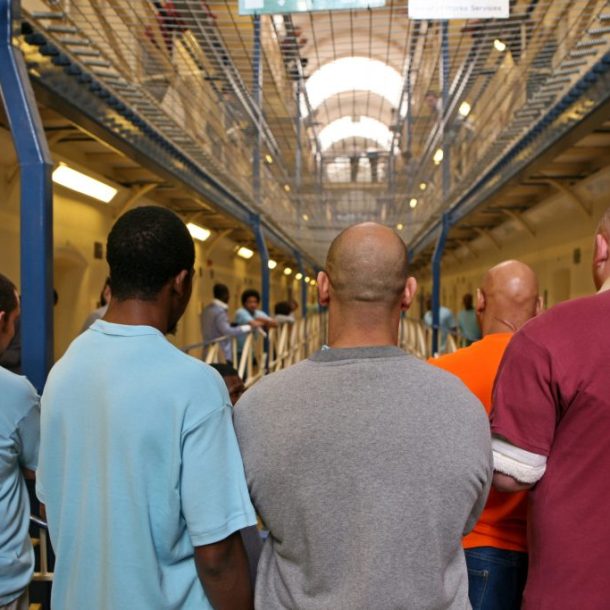By Ashyre-Mae Harris-Manahan
Socio-economic inequality continues to cast its shadow over our modern societies, creating divides among different social groups. Whether it’s based on gender, family background, or nationality, disparities persist, leaving lasting divides within our communities. As we navigate the complex landscape of socio-economic inequality, it’s evident that its impact extends far beyond surface-level observations, seeping into the very foundation of our societal structures.
At the heart of my research lies a profound examination of socio-economic inequalities, with a laser focus on the urgent issue of child poverty. Through rigorous exploration, I aim to dissect the intricate web of disparity, shedding light on the myriad factors that contribute to inequalities experienced during childhood. From individual circumstances to familial dynamics and institutional biases, every layer of influence is meticulously scrutinized to unveil the root causes of inequality.
In adopting a multidimensional approach, my analysis delves deep into the complexities of children’s lived experiences. It’s not just about academic performance or economic status; it’s about understanding the holistic impact of socio-economic factors on every aspect of a child’s life. From cognitive development and educational attainment to overall well-being and social integration, every facet of a child’s journey is shaped by the socio-economic landscape they inhabit.
Central to this exploration is the recognition of intersectionality – the interconnectedness of various social identities and experiences. By untangling the intricate threads of parental education, social status, household income, family structure, and ethnicity, we gain a deeper understanding of how these intersecting factors intersect to perpetuate inequality. It’s only by acknowledging and addressing these intersecting layers of influence that we can begin to unravel the complexities of socio-economic inequality.
What Does Inequality Look Like in Nottingham?
In Nottingham, like many other urban areas, inequality reveals itself in various forms:
- Income Disparity: Different neighborhoods experience significant gaps in income levels, leading to disparities in living standards.
- Education Disparities: Schools across the city vary in resources and opportunities, affecting the academic outcomes of students.
- Employment Opportunities: Certain communities face barriers to accessing quality jobs, perpetuating economic instability.
- Health Inequities: Health outcomes differ among groups, influenced by factors like access to healthcare and socio-economic status.
- Housing Affordability: Challenges in accessing safe and affordable housing impact residents’ well-being.
- Access to Services: Disparities exist in access to essential services, affecting quality of life in different neighborhoods.
- Digital Divide: Not all residents have equal access to technology and the internet, widening existing inequalities.
Why Does Inequality Matter to Me?
Growing up in a privileged household, I’ve been keenly aware of the social injustices faced by many in our community. This awareness was shaped by experiences in primary school and discussions within my own family. As I’ve matured, I’ve become an advocate for change, particularly during Nottingham’s struggles with issues like knife crime. Through research, I’ve uncovered direct links between inequality and crime, highlighting the urgency of addressing socio-economic disparities.
The Impact of Inequality: A Community Perspective
Inequality affects every aspect of our lives, from economic stability to social cohesion:
- Social Justice: Denying access to resources based on socio-economic status perpetuates injustice and hinders community progress.
- Economic Stability: Concentration of wealth leads to economic fragility and social tensions, impacting the prosperity of our neighborhoods.
- Social Cohesion: Inequality fosters division and resentment, eroding trust and solidarity within our community.
- Health and Well-being: Disparities in access to healthcare and resources lead to poor health outcomes, affecting the vitality of our residents.
- Human Potential: When individuals are denied access to education and opportunities, our community loses out on valuable contributions and innovation.
Tackling Child Poverty: A Call to Action
Addressing child poverty requires a collaborative effort:
- Income Support: Ensuring families have enough resources to meet their needs through initiatives like increasing the minimum wage.
- Affordable Housing: Investing in affordable housing initiatives to provide stable living conditions for families.
- Access to Quality Education: Enhancing educational opportunities for children from low-income backgrounds through targeted programs and scholarships.
- Healthcare Access: Ensuring all children have access to healthcare services regardless of socio-economic status.
- Nutrition Assistance: Combating food insecurity by providing nutritious meals and education on healthy eating habits.
- Parental Support: Offering support services to help families overcome barriers to employment and achieve stability.
- Community Development: Investing in initiatives that revitalize neighborhoods and create economic opportunities for residents.
- Partnerships and Collaboration: Collaborating with various stakeholders to develop innovative solutions tailored to our community’s needs.
The Future of Our Community: Addressing Inequality
Inequality limits the potential of our community, affecting the futures of our children:
- Educational Opportunities: Disadvantaged children face barriers to quality education, impacting their academic and career prospects.
- Health Outcomes: Inequality leads to disparities in health outcomes, affecting the well-being of our future generations.
- Economic Mobility: Children in poverty struggle to break free from the cycle of disadvantage, hindering their ability to thrive as adults.
- Social Development: Inequality hampers social development, perpetuating stigma and isolation among our youth.
- Life Opportunities: Addressing inequality ensures all children have equal access to opportunities, allowing them to reach their full potential as they transition into adulthood.
As we embark on this journey of discovery, it’s essential to recognize the transformative power of knowledge and understanding. By shining a light on the hidden mechanisms of inequality, we pave the way for meaningful change and collective action. Together, let us challenge the status quo, dismantle systemic barriers, and strive towards a future where every child has the opportunity to thrive, regardless of their socio-economic background. As members of this community, it’s our collective responsibility to address socio-economic inequality and create a brighter future for all Nottingham residents. By working together and advocating for change, we can build a more equitable and prosperous community for generations to come.

